Pushing for the “safe and secure” integration of unmanned aircraft systems (UAS) into U.S. airspace, the Commercial Drone Alliance has laid out its legislative priorities for the year.
The alliance says Congress should support the following actions in the upcoming Federal Aviation Administration (FAA) Reauthorization bill or in other legislation:
- Eliminate or amend the Section 336 “loophole” of the FAA Modernization and Reform Act. The alliance says the “outdated” Section 336, which “carves out qualifying model aircraft from regulation entirely,” is a threat to the “safety and security of the airspace,” especially for implementing remote ID and tracking “in a sensible way.”
- Direct the FAA to require remote ID for all UAS over 250 grams; this includes recreational UAS.
- Direct the FAA to “swiftly implement” a rule for “low-risk” drone operations taking place over people.
- Direct the FAA to allow for beyond visual line of sight (BVLOS) operations in a safe and timely way.
- Direct the FAA to “streamline and improve” the waiver process for operations taking place beyond the parameters of Part 107 (e.g., night flying or flying over people). The alliance says, “As the FAA itself recently admitted, the waiver process is limping along. Most of the waivers that have been granted are night waivers, with a long line of waiver applications waiting in a queue.”
- Direct the FAA to implement a “Trusted Operator” program for “streamlined permitting and operational procedures” for commercial drone operations.
- “State the sense” of Congress’ support of a UAS traffic management (UTM) system and its “timely implementation.”
- Make sure UAS programs and “relevant agency offices” are funded and staffed in order to fulfill these initiatives.
Founded in 2016, the Commercial Drone Alliance is co-led by Gretchen West and Lisa Ellman of law firm Hogan Lovells LLP. More on the alliance’s legislative priorities for 2018 can be read here.





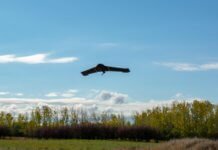

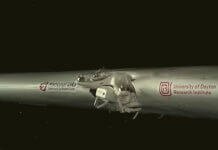
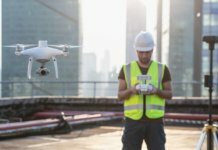
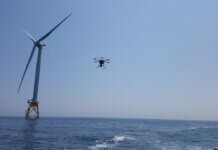
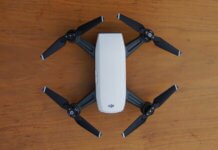


First off, #1 and #2 are non starters. Model aviation has an impressive safety record. There is no need to burden recreational flyers with cumbersome regulation and potential invasion of privacy.
Secondly, #3 – #8 are good ideas.
John
Commercial aviation verses general aviation. Nothing new here. Rock on.